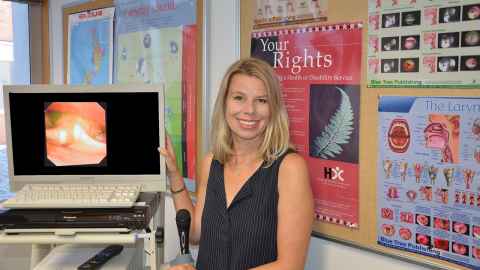
Associate Professor Anna Miles talks about her research into the assessment and treatment of swallowing difficulties (dysphagia).
Pānui tonu | Read more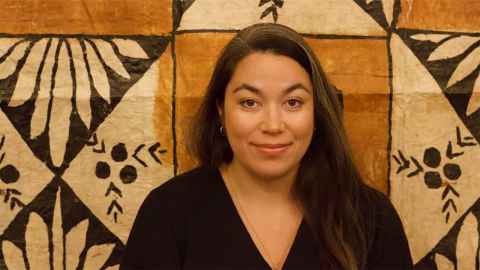
Sarah Kapeli gives us 10 minutes of her time to discuss her research into how Pacific knowledge and worldviews shape and are shaped by our Pacific peoples.
Pānui tonu | Read more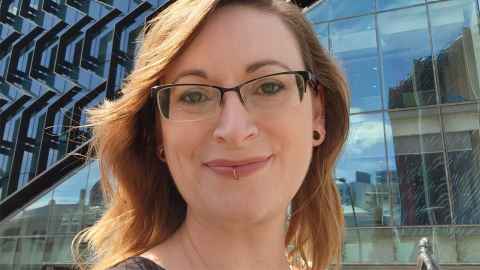
Kate Storrs discusses her research into computational visual neuroscience and advice for early-career researchers.
Pānui tonu | Read more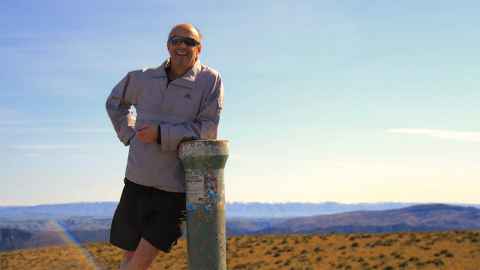
Professor Ian Lambie discusses his work on the Mana Tamariki programme and improving the lives of those who have experienced trauma.
Pānui tonu | Read more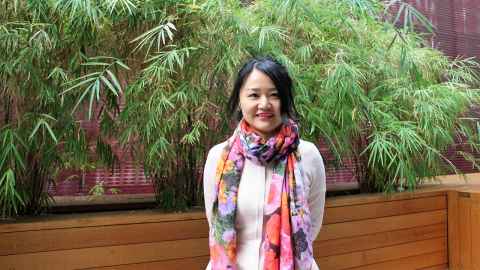
Dr Lixin Jiang gives us 10 minutes of her time to discuss employee wellbeing, being patient, and balancing reading with writing.
Pānui tonu | Read more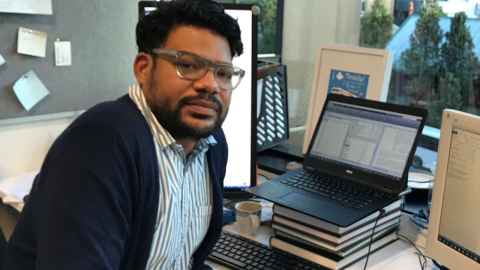
Dr Reece Roberts, from the School of Psychology, gives us 10 minutes of his time to discuss the brain, how it thinks and how it is affected by aging.
Pānui tonu | Read more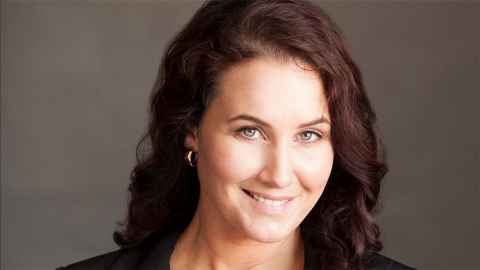
Professor Nickola Overall discusses her research into building healthy relationships by overcoming emotional, attachment and behavioural difficulties.
Pānui tonu | Read more